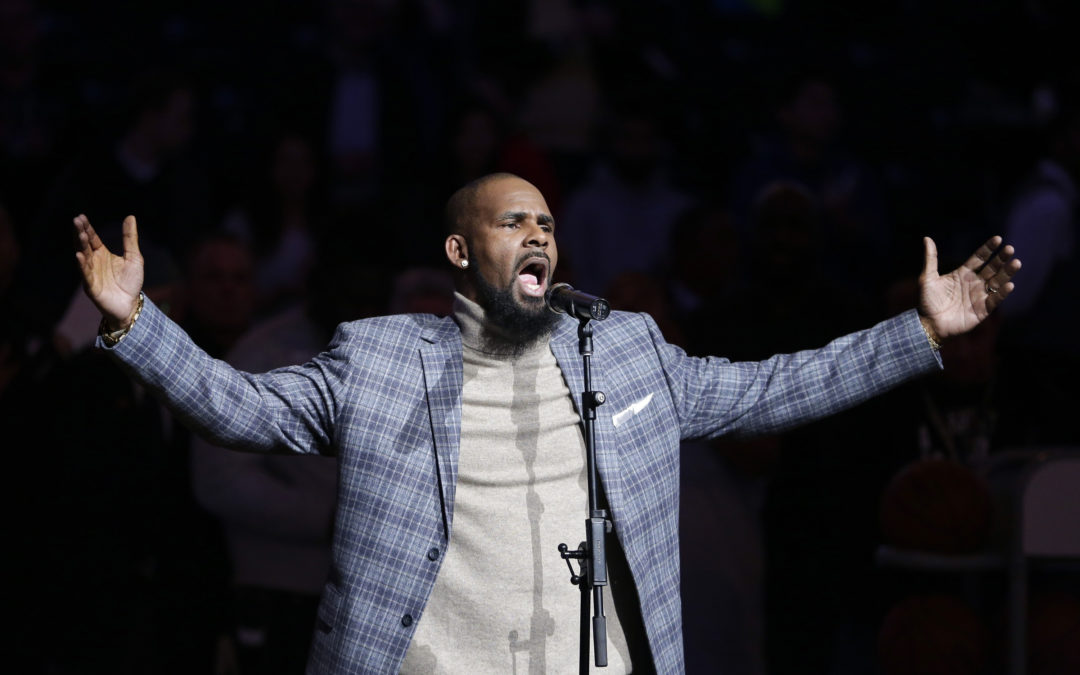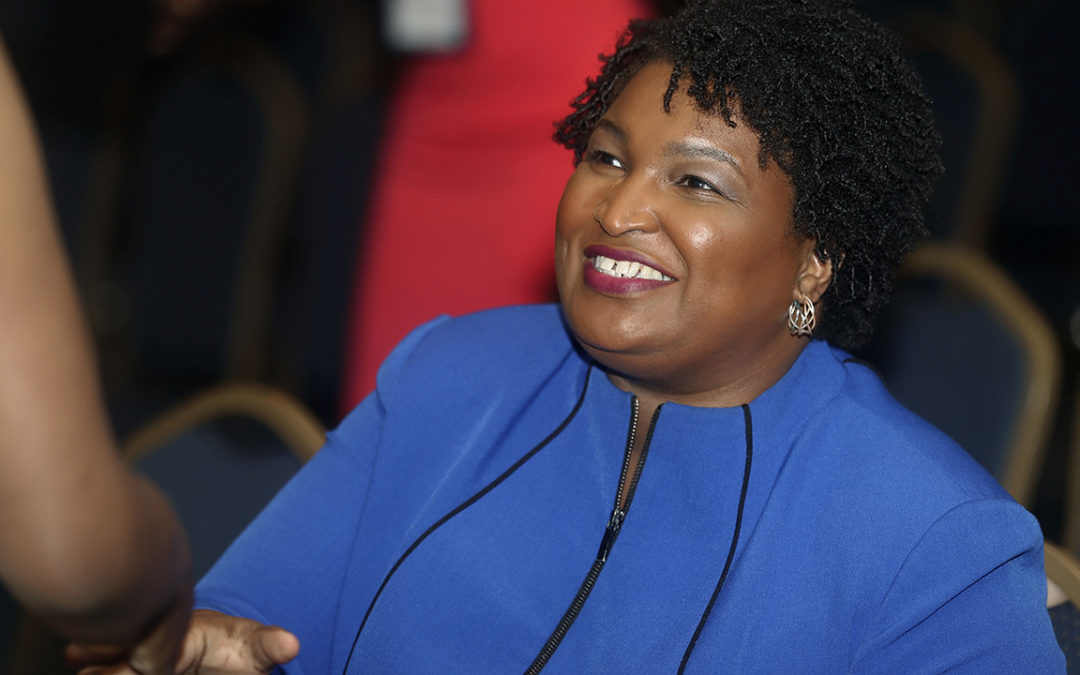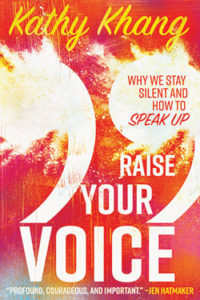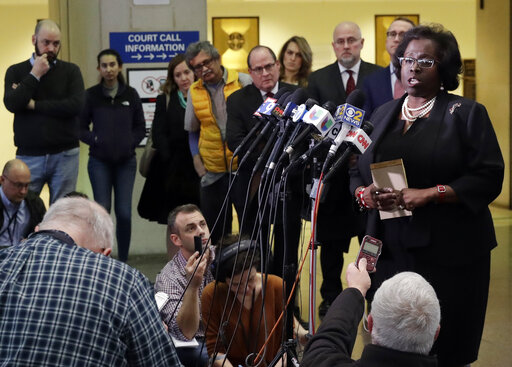
Laquan McDonald: Forgive, Don’t Forget, and Then Fight
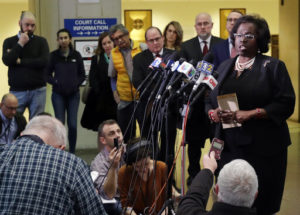
Special prosecutor Patricia Brown Holmes speaks to reporters at the courthouse Thursday, Jan. 17, 2019, in Chicago. Former Detective David March, ex-Officer Joseph Walsh and Officer Thomas Gaffney, three Chicago police officers accused accused of trying to cover up the fatal shooting of Laquan McDonald by officer Jason Van Dyke in October 2014, were acquitted by a judge Thursday. (AP Photo/Nam Y. Huh)
I’m in Chicago and we’re reeling over a judge who acquitted three Chicago police officers of trying to cover up the 2014 shooting of Laquan McDonald. It’s hard not to feel some kind of way (insert eye roll here), even though officer Jason Van Dyke was convicted last year of second-degree murder and aggravated battery in the case and sentenced to 81 months in prison. There were no cheers today. It’s almost like you could predict that someone had to take the fall, but the Chicago political machine that created an environment for this to happen churns on and it’s a win for the so-called police “Code of Silence.” Ironically, today I happened to be reading a lot of Bible verses on forgiveness. “Even if they sin against you seven times in a day and seven times come back to you saying ‘I repent,’ you must forgive them” (Luke 17:4).
I remember when the Charleston church shooting happened a few years ago. I was in awe at relatives of the victims who stood up and bravely told that heartless crazy man that they forgave him. It was a powerful message of forgiveness. So what about these cops? Do we just pray and let it go? Not so fast. God knows what we did, where we did it, and who we did it to. He still loves us and forgives us. But that doesn’t mean he has forgotten about it. He expects to see a change in us. Why shouldn’t we expect to see a change in police accountability in Chicago and across this country? I’m sure the Charleston relatives haven’t forgotten about Dlyann Roof and his Bible study attack either — they choose not to let their hearts be bitter (Hebrews 12:15). With that example, they changed the angry — and potentially destructive — conversation. And I’d like to believe their silent strength thawed a few bigoted cold hearts out there.
You could argue that a court acquitted the three police officers so there’s nothing to forgive. They are “not guilty” of this crime, so says a judge. Why doesn’t that make us feel better? Roll the video evidence, please. It doesn’t lie — even when law enforcement does.
So where does that leave us with these Chicago cops? We forgive, but continue to collectively fight the injustice that plagues our communities and demand change. Urban Faith has a list of faith-based social justice organizations that you can look into as a way to channel your frustration and maybe even fear about things happening around you that feel are out of your control. On that note, shout out to Dr Martin Luther King, Jr. Yeah, you may think he was a part of your mama’s Civil Rights Movement, but Dr. King and his bus-riding, arm-linked marching, boycotting activists clearly understood channeling those feelings of anger and frustration into positive actionable change.

